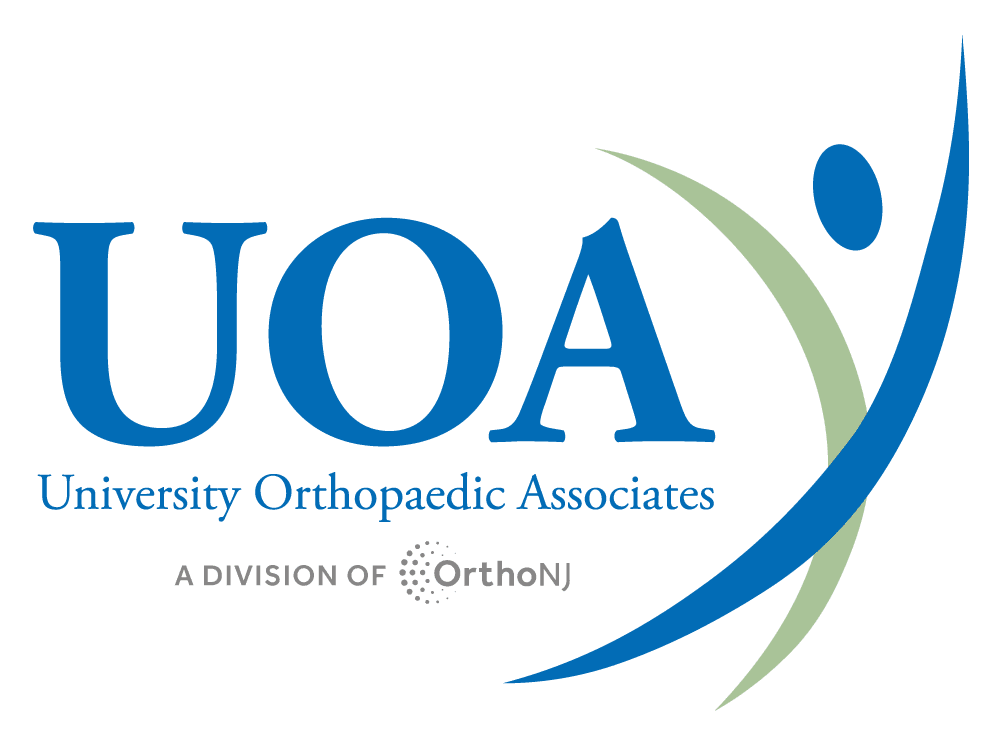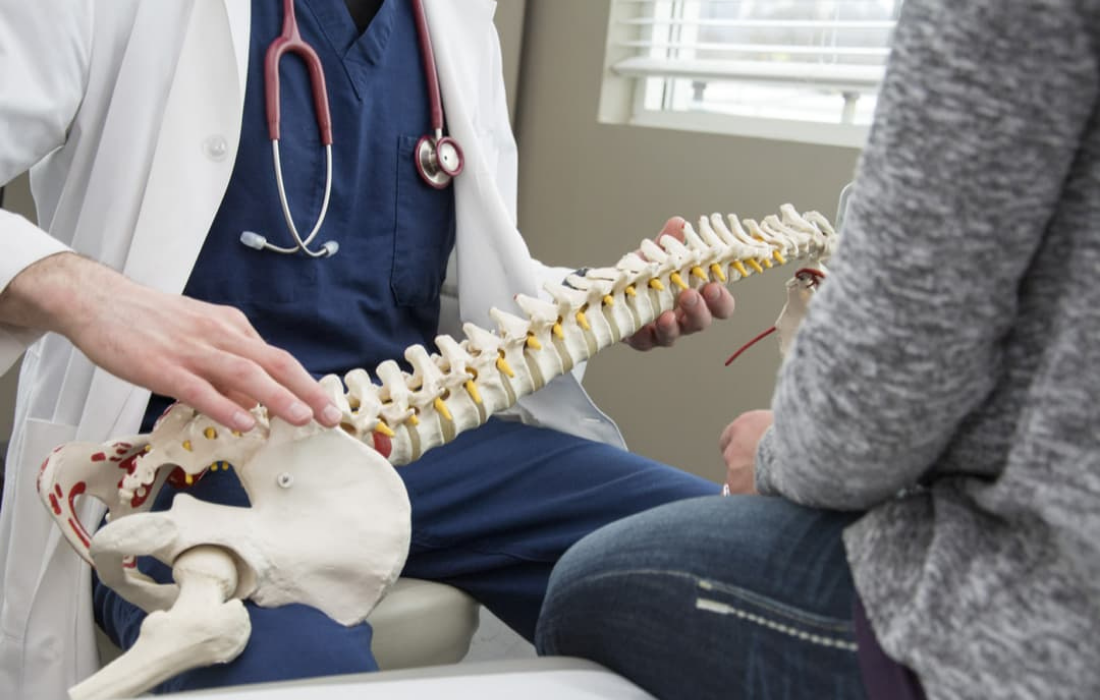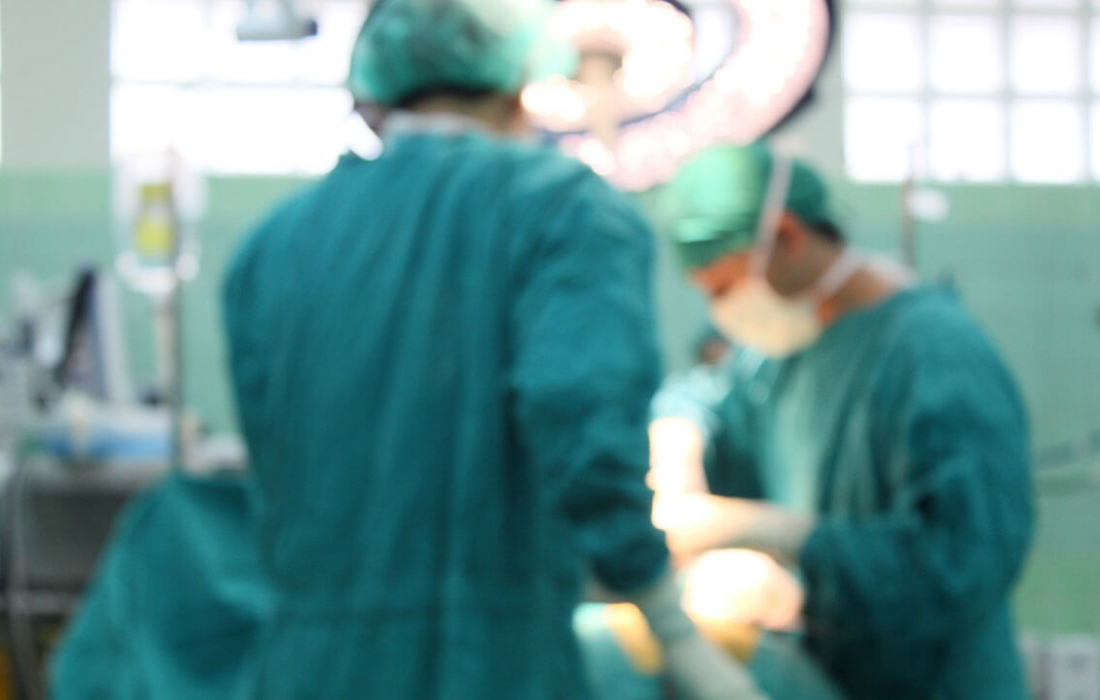Endoscopic Discectomy
Endoscopic discectomy is a minimally invasive spinal surgery used to partially or entirely remove intervertebral discs. It is usually performed to remove parts of a herniated disc that are pressing on a nerve or the spinal cord. It is also performed to reduce pain caused by other conditions, including sciatica, bone spurs and degenerative disc disease.
What Is an Endoscopic Discectomy?
An endoscopic discectomy is a minimally invasive alternative to a traditional lumbar discectomy. It involves the use of a tool called an endoscope, which is a small metal tube with a camera and light on one end. This tool allows your orthopaedic surgeon to perform a discectomy with just one small incision, as opposed to a large incision that produces longer periods of downtime and recovery.
What Are the Advantages of an Endoscopic Discectomy?
This minimally invasive spine surgery offers a higher number of advantages than traditional open surgery or lumbar discectomy. It causes less trauma to the spine and a faster recovery.
Other advantages of an endoscopic discectomy include:
- No unnecessary removal of bones and muscles to access the affected herniated disc.
- Local anesthesia versus general anesthesia.
- Minimal blood loss.
- Reduced scarring.
- High success rate. In a study that evaluated the long-term success of endoscopic discectomy, more than 90% of patients who had this surgery were able to resume working after having this surgery.
- Performed as an outpatient procedure.
- Preservation of spine mobility.
- No spinal fusion is needed.
- Small incision that measures one-fourth of an inch.
- Faster healing.
How Is an Endoscopic Discectomy Performed?
First, your surgeon will give you a local anesthetic to numb the surgical site. Next, a tiny incision will be made into your back near the herniated disc. Your surgeon will insert an endoscope into the incision, which will provide a clear view of the affected disc and allow your surgeon to carefully remove pieces of the disc, or the entire disc.
After removing the damaged parts of the herniated disc, any tears inside the disc will be cleaned and treated using a laser. The laser will shrink and close the tears while leaving your disc intact, which is a process known as ablation. Lastly, your surgeon will remove the endoscope from your back and close the incision.
Who Are Ideal Candidates for Endoscopic Discectomy?
Ideal candidates for an endoscopic discectomy are those who have herniated or bulging discs that are causing pain and who have not responded to more conservative treatments such as physical therapy or exercise. This herniated disc surgery is also ideal for those whose discs are causing numbness or weakness in the back or spine.
In addition to treating herniated or bulging discs, an endoscopic discectomy can be used to treat the following conditions:
- Disc tear
- Degenerative disc disease
- Radiculitis
- Radiculopathy
- Sciatica
- Brachial neuritis
- Spondylolisthesis
- Bone spurs
- Spinal and foraminal stenosis
- Failed back surgery syndrome
- Arthritis of the facet or vertebral bodies
An orthopaedic spine surgeon can talk to you in greater detail about your symptoms and condition to determine whether endoscopic discectomy is ideal for you.
What Is Recovery Like From Endoscopic Discectomy?
A shorter recovery time is anticipated for this spine procedure based on its minimally invasive approach. You may feel slight discomfort and soreness afterward, which goes away relatively quickly. Your incision will be covered with a small bandage, and you can go home about an hour after your procedure.
Many patients can return to work within a few days after an endoscopic discectomy. You may be asked to avoid heavy lifting until your orthopaedic surgeon gives you the green light to resume these activities. Your surgeon can tell you more about what to expect in terms of recovery based on your unique situation.
Request an appointment from University Orthopaedic Associates (UOA) if you need treatment for an orthopaedic condition. Our spine specialists at UOA can examine and evaluate you and discuss all your available treatment options.




